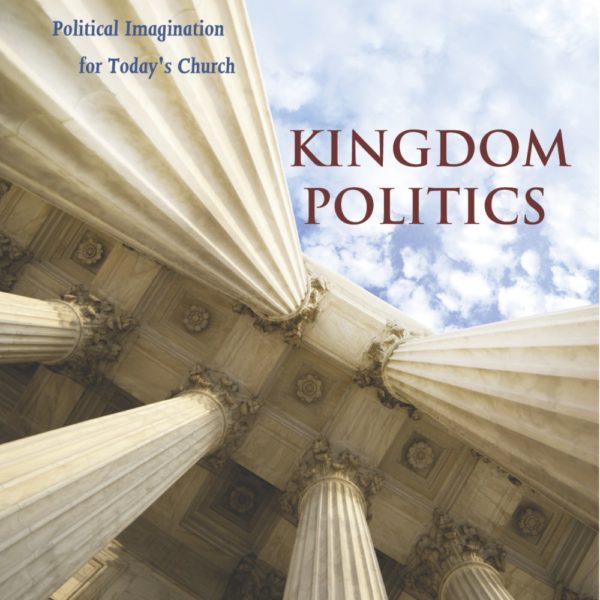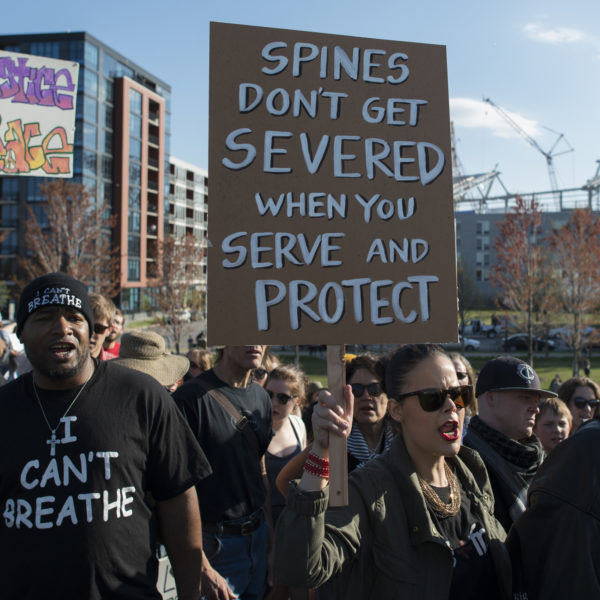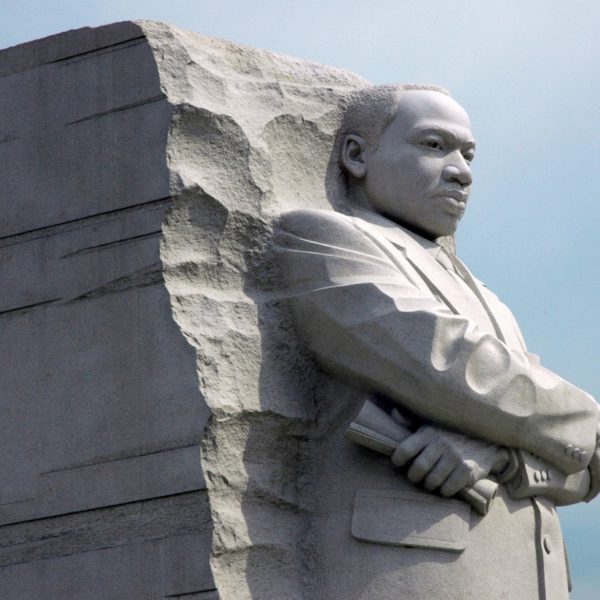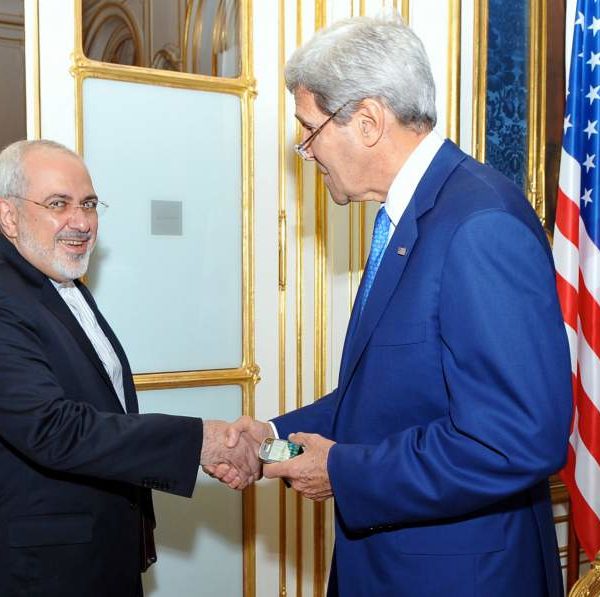
My interest in teaching a course on Political Theology came from my research on Simone Weil. I wanted to understand how the area of political theology could help me interpret Weil’s oeuvre, which often focuses on the intersection of politics and religion. To that end I decided to teach a course in the Fall of 2011 that would explore the historic development of the concept “political theology.” The course would consider how the western tradition has “thought” the intersection of politics/theology.

With the start of the 2016 election season now coinciding with the publication of Kingdom Politics: In Search of a New Political Imagination for Today’s Church, we are reminded of the beginnings of this book project. As the 2012 election cycle began picking up steam, we embarked on a journey to research the ways five diverse congregations engage and avoid politics, and the reasons they give for doing so.

The familiarity of the 23rd Psalm can blind us to the striking political dimensions of its message: YHWH is the shepherd of the king, protecting him from enemies and granting his kingdom prosperity. Close reflection upon this psalm may also suggest some significant applications within the contemporary world.

It is with great sadness that we note the death of a former editor, the Rev Dr Tim Simpson. Tim died on Tuesday 7th April after complications associated with his battle with cancer.
There were many aspects to Tim’s life and ministry, more than can be covered here. He was a relentless teacher, preacher, pastor and campaigner for justice and peace. Other places will record his important contribution to many different churches, universities and colleges. For us Tim was a scholar, an intellectual and an editor. His death feels like the passing of an era for the journal and for the discipline as a whole.

…I still seek to introduce the students, now grads, to the range of political formulations in Islam, but in contrast to the undergraduate version of the course, we also look to political theology as a method for thinking about politics. Why? And How? After all, political theology is really a product of the Christian West. Does it have applicability in other contexts?






